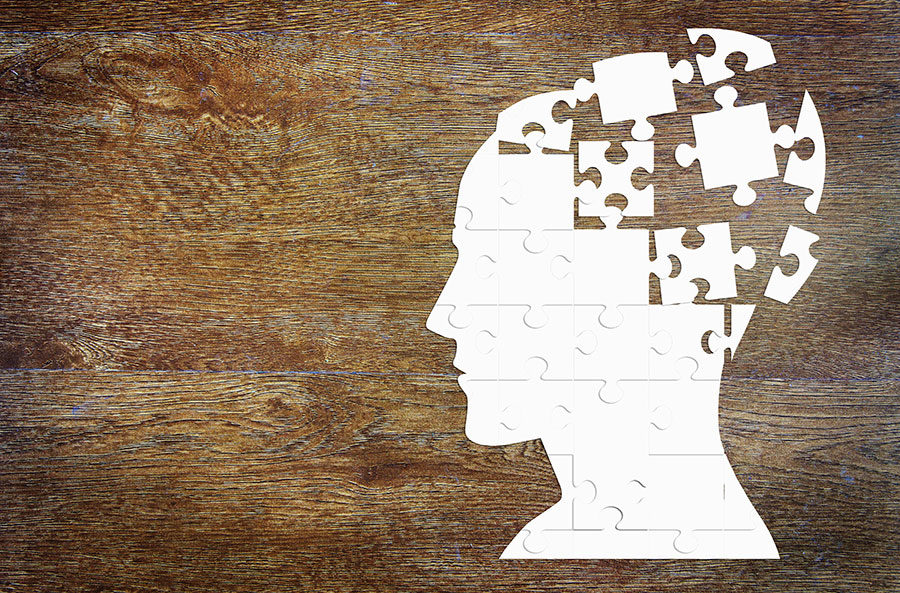Definition
Psychology seeks to understand “the emergent properties of brains” at individual and group levels by creating general principles and research foci. It examines behavior and mental processes, including perception, emotion, brain functioning, and personality as applied to the assessment and treatment of mental health conditions (“Psychology,” 2018). Psychology also addresses interactions among people, such as interpersonal relationships and family resilience, contributing to the development of evidence-informed treatment and care to benefit society (American Psychological Association, 2018).
Subdisciplines
Psychology is a broad field with many subdisciplines, including behavioral neuroscience and biological, cognitive, developmental, health, neuro, biological, physiological, personality, school, sports, and clinical psychology (Subdisciplines of Psychology, n.d.; Online Psychology Degree Guide, n.d.).
In Practice
There are many psychology professionals working in social, behavioral, and cognitive realms. Field practices address mental functions related to individual and social behavior, “exploring the physiological and biological processes that underlie cognitive functions and behaviors” (“Psychology,” 2018, para. 2).
In Disaster Research
Psychology mainly focuses on the mental health consequences for disaster survivors, with a particular emphasis on disaster-related trauma and stress, such as post-traumatic stress disorder (Gibbs & Montagnino, n.d.). The contributions of the discipline to the assessment of disaster risk based on vulnerability and exposure are also of fundamental importance for policy makers, enhancing resilience capacity at individual and group levels (Silbereisen, 2016).
References
American Psychological Association. (2018). About APA. Retrieved August 20, 2018, from http://www.apa.org/about/index.aspx
Fernald, L. D. (2008). Psychology: Six Perspectives. Thousand Oaks, CA: Sage Publications.
Gibbs, M., & Montagnino K. (n.d.). Disasters, A Psychological Perspective. FEMA. Retrieved August 20, 2018, from https://training.fema.gov/hiedu/docs/emt/gibbspsychology.doc
Hockenbury, D. H., & Hockenbury, S. E. (2010). Psychology: Six Perspectives. (4th ed.). New York: Worth Publishers.
Online Psychology Degree Guide. (n.d.). 5 Popular Psychology Sub-Disciplines. Retrieved August 20, 2018, from https://www.onlinepsychologydegree.info/lists/5-popular-psychology-sub-disciplines/
Psychology. (2018). In Wikipedia. Retrieved August 20, 2018, from https://en.wikipedia.org/wiki/Psychology
Silbereisen, R. K. (2016). Disasters: Core Topics and Concepts of Psychological Research and Application. Presented at the 5th International Workshop on Psychological Intervention after Disasters, Manila, Philippines. Retrieved August 20, 2018, from http://www.iupsys.net/dotAsset/ab2c9bf9-7ace-498f-84e0-19129e1305cc.pdf
Subdisciplines of Psychology. (n.d). What Is Psychology?: Subdisciplines of Psychology. Retrieved August 20, 2018, from http://dbuweb.dbu.edu/dbu/psyc1301/softchalk/s1lecture2/s1lecture22.html


